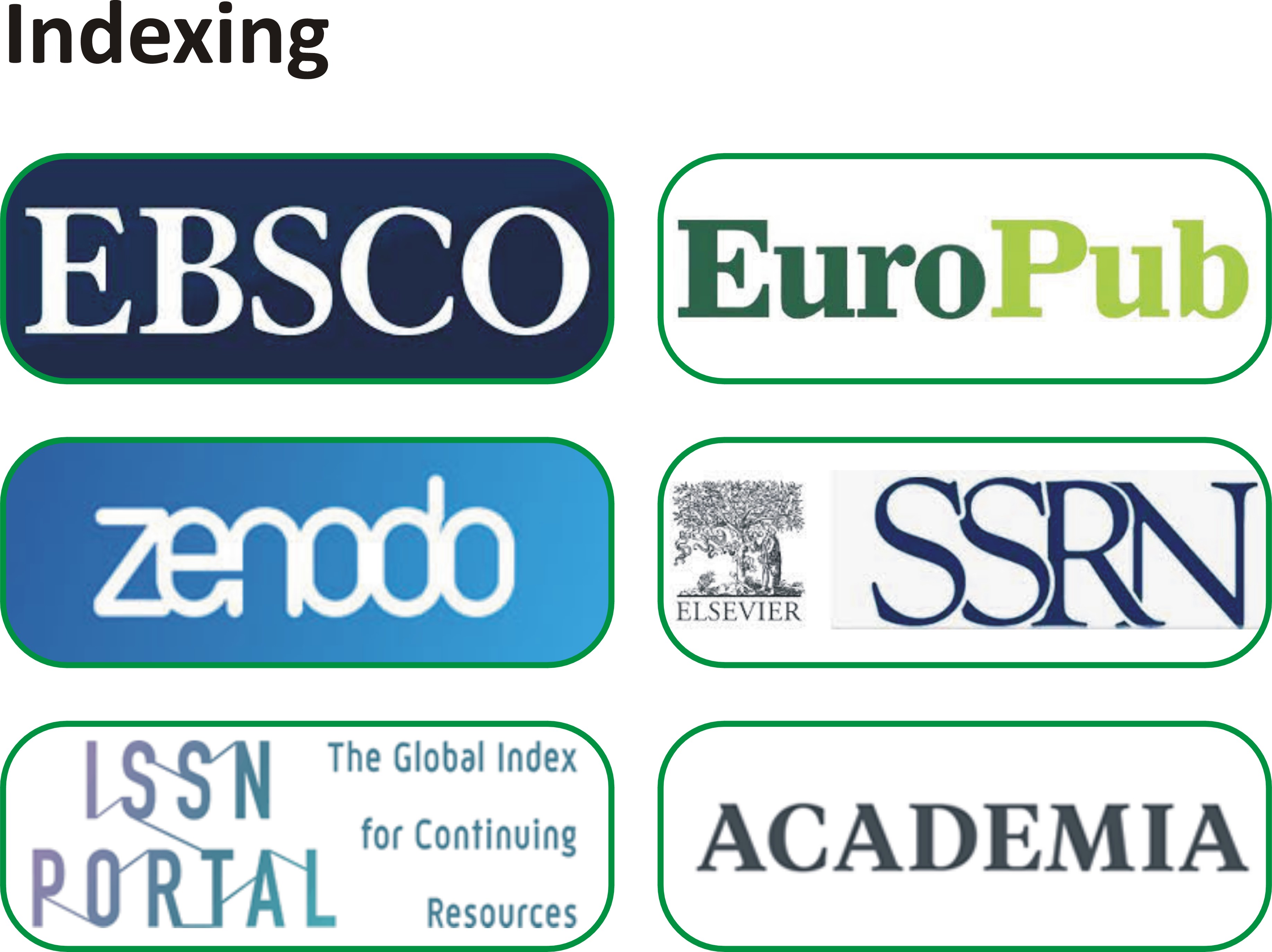The Influence of Celebrity Endorsements and Brand Image on Millennials’ Purchase Decisions: Evidence from Pakistan
Abstract
This study examines the effect of celebrities' endorsements and the image of the brand on the purchase decisions of millennials, more particularly on Pakistan. With the Meaning Transfer Model and brand image theory frame works, the studied emphasizes the ever growing relevance of both concepts aiding in purchase decision making in the globalized world in which we live in. Employing a quantitative cross sectional survey research design, information was collected from 300 Pakistani millennials who are fascinated and/ or employed in the retailing and fashion sector. The study was based on previously done works and measures which underwent the processes of reliability, descriptive statistics, correlation, and regression analysis. The data revealed that brand image and celebrity endorsements positively influence purchase decisions of millennials, with brand image serving as the strongest predictor. These findings are consistent with international research, while also being informative in relation to Pakistan. With respect to the growing body of research consumer behavior, this study evidences the fact that brand equity and endorsers' credibility are still the determining factors that influence the purchase behavior of millennials. Considering the use of marketing and endorsement of celebrities together with the strategies needed to build a brand and full consumer loyalty on both a short and a long-term essence, a focus should be placed on the integration of the celebrity endorsement campaigns with the brand-building strategies. There are also limitations and suggestions for future research provided.
Copyright Notice Submission of an article implies that the work described has not been published previously (except in the form of an abstract or as part of a published lecture or academic thesis), that it is not under consideration for publication elsewhere, that its publication is approved by all authors and tacitly or explicitly by the responsible authorities where the work was carried out, and that, if accepted, will not be published elsewhere in the same form, in English or in any other language, without the written consent of the Publisher. The Editors reserve the right to edit or otherwise alter all contributions, but authors will receive proofs for approval before publication. Copyrights for articles published in IJSSA journal are retained by the authors, with first publication rights granted to the journal. The journal/publisher is not responsible for subsequent uses of the work. It is the author’s responsibility to bring an infringement action if so desired by the author.



